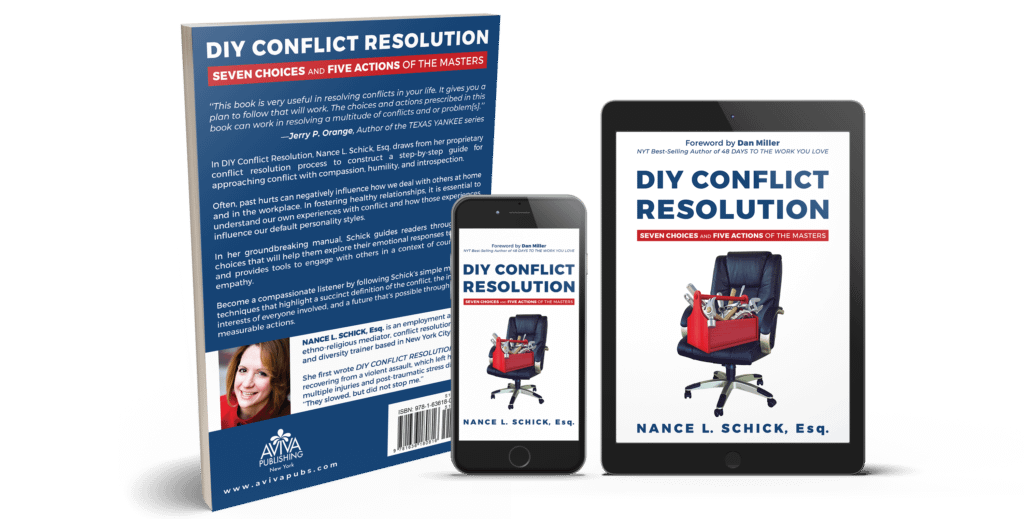(Updated from 01/14/2015)
The first time I heard about this song and watched the video, I was uncomfortable. I had been taught to reject the stereotypes portrayed, and it was disturbing to see them in a joyful song. I wanted to dismiss this work and every confronting piece of it.
Since then, I have cited it as evidence that we are having the wrong conversations about racism.
We want to pretend we are not racist and that “the other guy is”. We are better than he is. Right? We have signs in our yards and wear Black Lives Matter T-shirts. We have diverse families and groups of friends. But maybe we all really are a little bit racist.
As much as we hate to admit this, it is very natural to assess people who we don’t know based on what we think we do know: our past experiences, our education, what we read or hear in the media, etc.
But our brains play tricks on us.
When I had never before met a Japanese person, I immediately called upon my perceived knowledge to: a) determine if I was safe with her and b) see what commonalities I could draw upon to create a connection. Since she was a female, about the same size as I was and was a student at the school I attended, I decided she was safe and that we could talk about school, if nothing else.
As we became friends, I was fascinated to learn more about her family’s cultural history and I realized that I was assuming she was Japanese because of how she looked. In fact, she had been born in the United States. She was American, like me.
I have since been more willing to set aside my assumptions when I meet someone new who looks different from me. If we really look at ourselves, we will realize that pretty much everyone looks different from us in some way. My sisters and I share some characteristics of our parents, but they meld uniquely in each of us. I feel closer to people who look less like my sisters than I do with them.
Beyond the initial discomfort is often great joy.
Maybe you’re not yet brave enough to engage in conversation with people who seem dramatically different from you. Perhaps you’re uncomfortable around kids, teenagers, men, women, homosexuals, transvestites, older people, obese people, people wearing religious attire or symbols, etc.
I invite you to explore them, trust them, observe them, and send them love.
Assume that they–like you–deserve it, want it, get weird about it, and forget to share it.
Forgive them. Be with them.
You need not say a word. Yet you can, if you want, when you see that smile or familiarity in their eyes.
Smile back, whether with your mouth or your words. This is where the real conversation begins.
https://thirdearcr.com/using-your-third-ear-to-uncover-implicit-biases/
Struggling to manage your diverse workforce?
